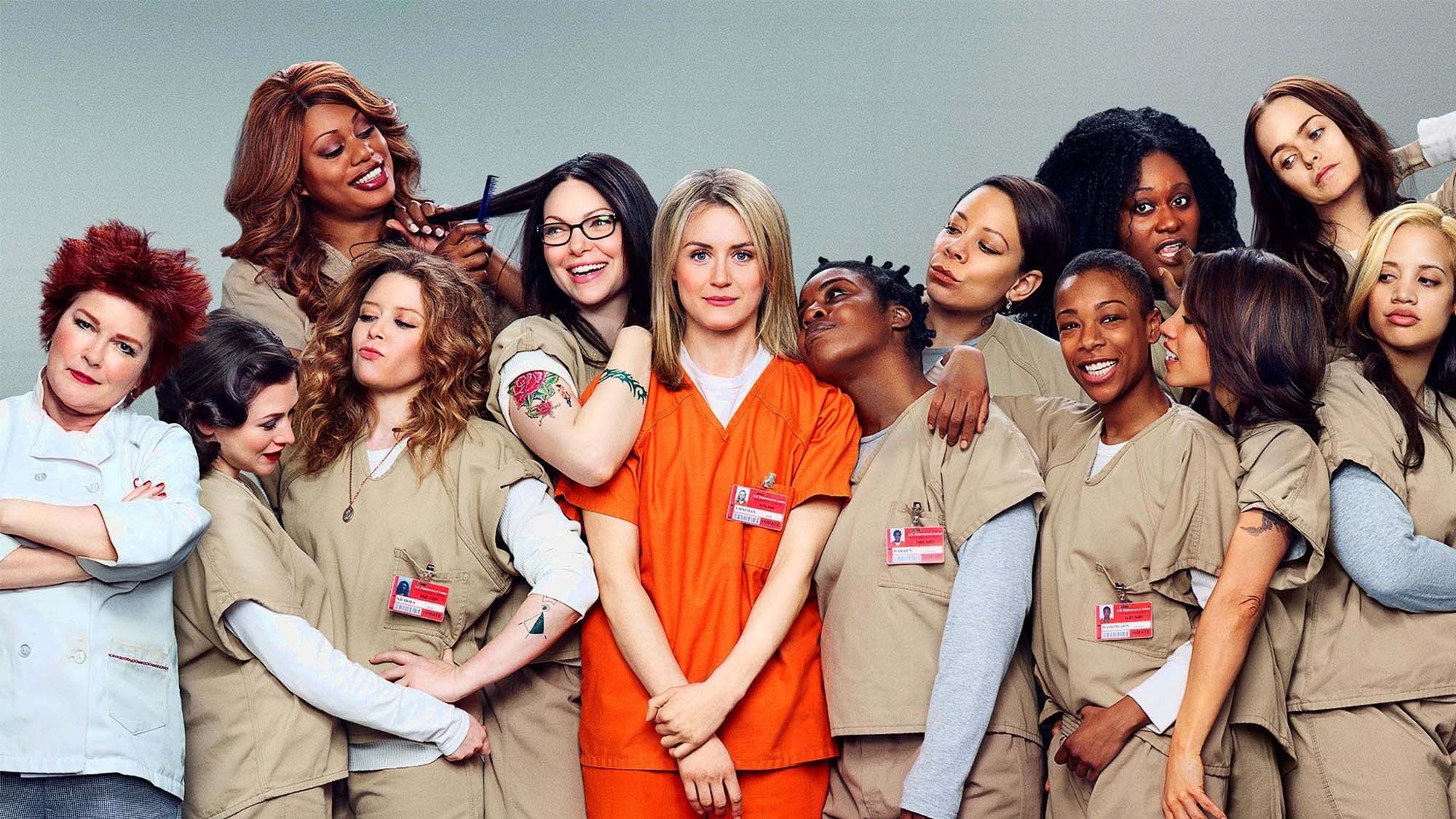
Pushing forward with pride: TV shows that broke the LGBTQI mold
Every month is Pride month here! We hope you’re getting out there with your family, hitting up some cool events, and raising a tall glass of something fancy to your local LGBTQI community. After all that celebrating, you’ll definitely want some chill time, but that doesn’t mean you can’t still celebrate Pride at home.
Here are nine shows that broke the LGBTQI mould and forged a new path for the depiction of queer people and queer issues on television. We highly recommend a bingewatch of any or all of them – and maybe another tall glass of something fancy to enjoy these monumental TV shows with. Happy Pride!
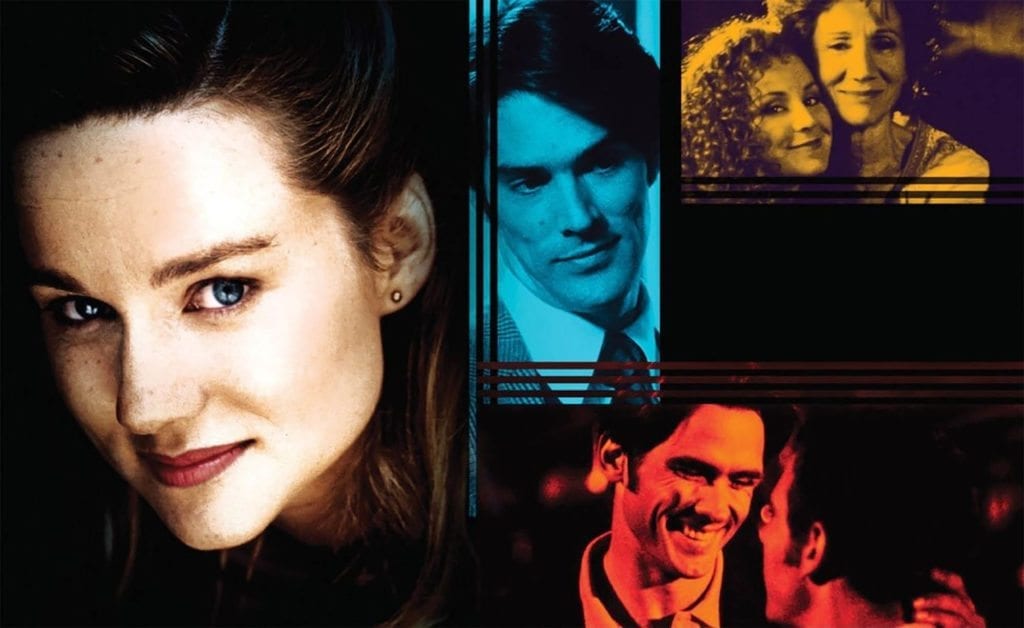
Tales of the City (1994)
Featuring a stellar (though very white) cast including Laura Linney (Ozark), Olympia Dukakis (Moonstruck), Mary Kay Place (The Big Chill), and Barbara Garrick (Jumper), the TV adaptation of Armistead Maupin’s groundbreaking books was one of the first on TV to so matter-of-factly depict LGBTQI characters.
The PBS series provoked a shock of controversy among conservative pearl clutchers, which is usually how you know a show is pushing the right buttons. Tales of the City approached a variety of important issues like the AIDS crisis, the pains of coming out, being disowned by family because of your identity, and the empowering notion of chosen family – all of which had been scarcely explored on mainstream television before.

Ellen (1994 – 1998)
It’s easy to take for granted just how important Ellen DeGeneres’s decision to publicly come out was in 1997 was when she took the powerful step to celebrate her sexuality with the world. But it was (and still is) a huge deal with massive ramifications on modern culture.
It wasn’t just that the mainstream comedy star opened up a public dialogue about being gay with her announcement; it was also that she fought ABC for the right to allow her character to be gay too. It marked a watershed moment for television and changed the roles LGBTQI people could take on television.

Pose (2018 – )
Ryan Murphy and Brad Falchuck’s (American Horror Story) 80s ball culture drama features the largest transgender cast ever assembled for a TV show. But that isn’t merely a way to score back slaps and high fives from the media, as the show delves deep into the often difficult and unspoken dimensions of the LGBTQI community including examining the power dynamics that exist within it.
Pose offers diverse perspectives on what it means to be LGBTQI with perspectives that are often overlooked in mainstream storytelling. Make no mistake, Pose is groundbreaking and it’s doing what few other shows have even tried to yet.

Angels in America (2003)
The seminal HBO miniseries boasts an astounding cast including Al Pacino (Scarface), Patrick Wilson (Watchmen), Meryl Streep (Mamma Mia!), Jeffrey Wright (Westworld), and Mary Louise Parker (Weeds) and is one of the first examples of this era of small-screen prestige we’re currently enjoying.
The show captures the anxiety of living under a government not responding to the concerns of a particular community or population and specifically explores the plight of those directly affected by the AIDS crisis under the Reagan government of the 80s.
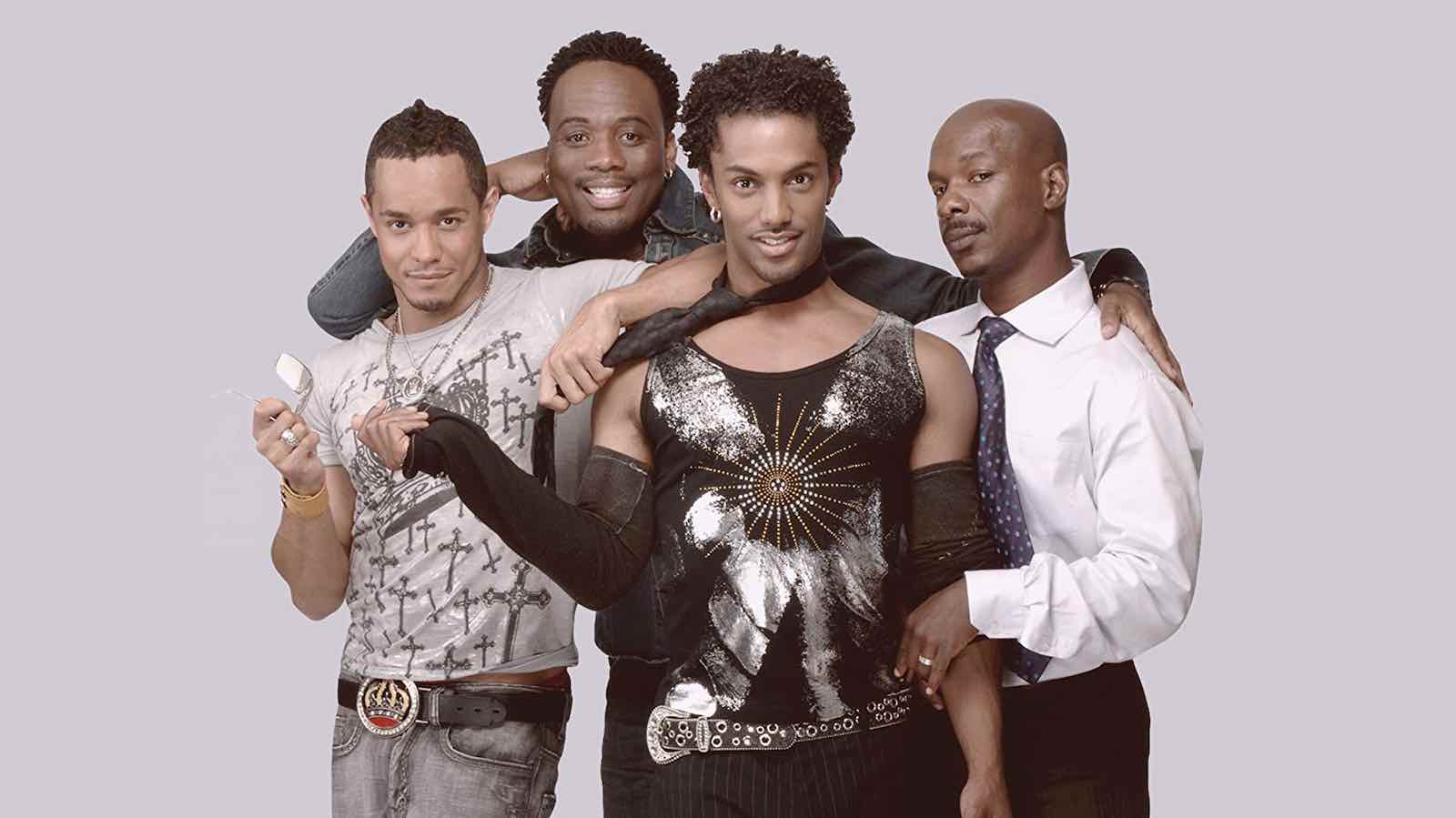
Noah’s Arc (2005 – 2006)
Exploring the everyday lives, friendships, and romantic entanglements of four African-American gay men in Los Angeles, Noah’s Arc was the first show to center a narrative around black gay men. The show celebrates the black LGBTQI community and powerfully disrupts stereotypical portrayals of queer people of color as tokenized comic relief to raise a chuckle from heterosexual audiences.

Modern Family (2009 – )
That’s right, folks! It might not be the most sophisticated comedy on TV, but it’s definitely helped to shift mainstream perceptions of gay couples and about controversial topics like same-sex marriage and adoption.
Cameron Tucker (Eric Stonestreet) and Mitchell Pritchett (Jesse Tyler Ferguson) have a relationship positioned as being just as valuable as those of their hetero neighbors, which is enormous for a mainstream ABC comedy to do. The show also delves into the everyday concerns of the couple without regularly scraping for the usual “big issue” concerns of LGBTQI people depicted on screen.
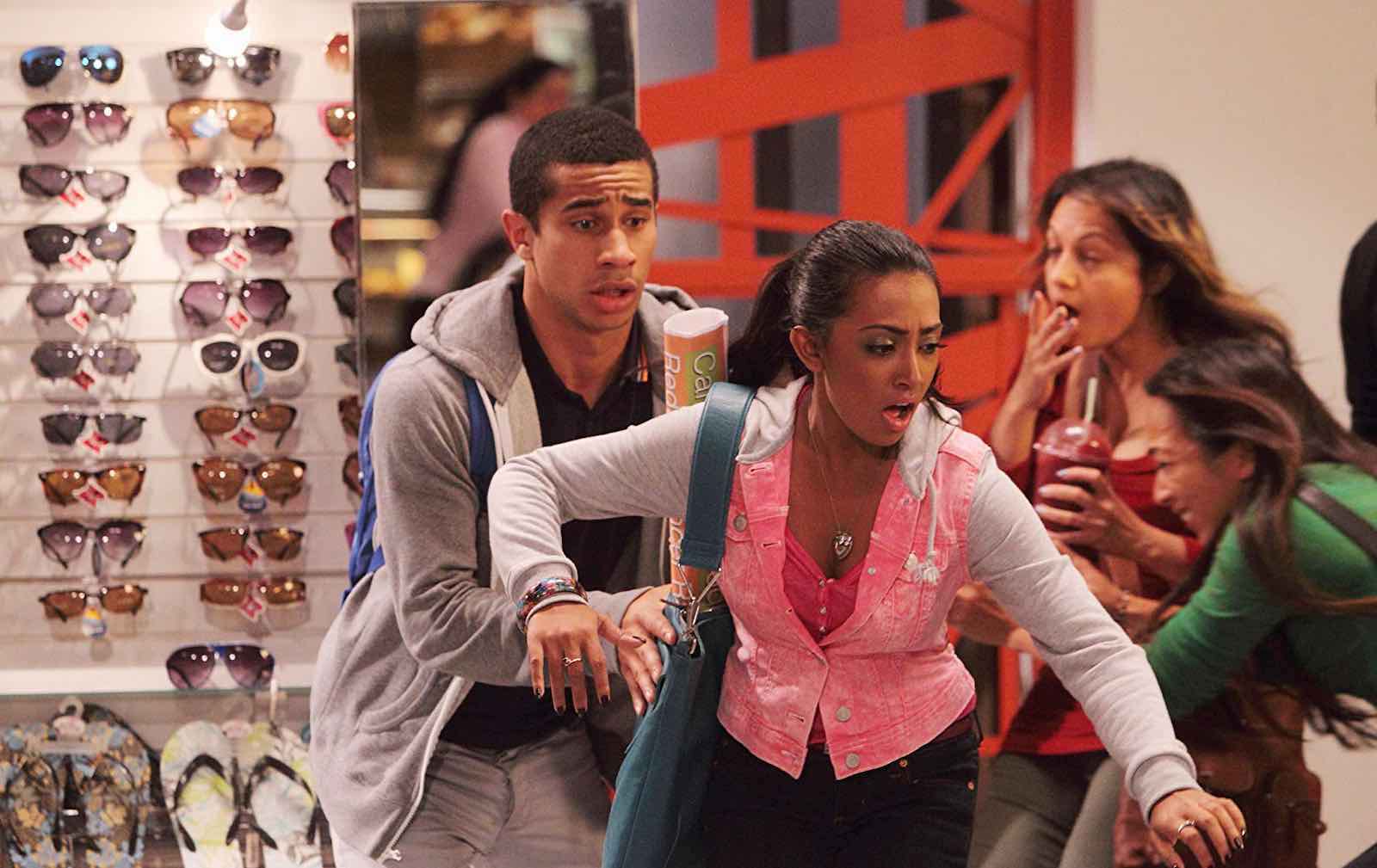
Degrassi: The Next Generation (2001 – 2015)
Degrassi is often overlooked in conversations about groundbreaking LGBTQI depictions but it deserves recognition for its continually insightful representation of young queer people. The Canadian young adult series was one of the first to show a gay kiss on television. Meanwhile, S10 featured a pivotal plotline exploring some of the body dysphoria and mental health struggles that can be experienced by transgender people.
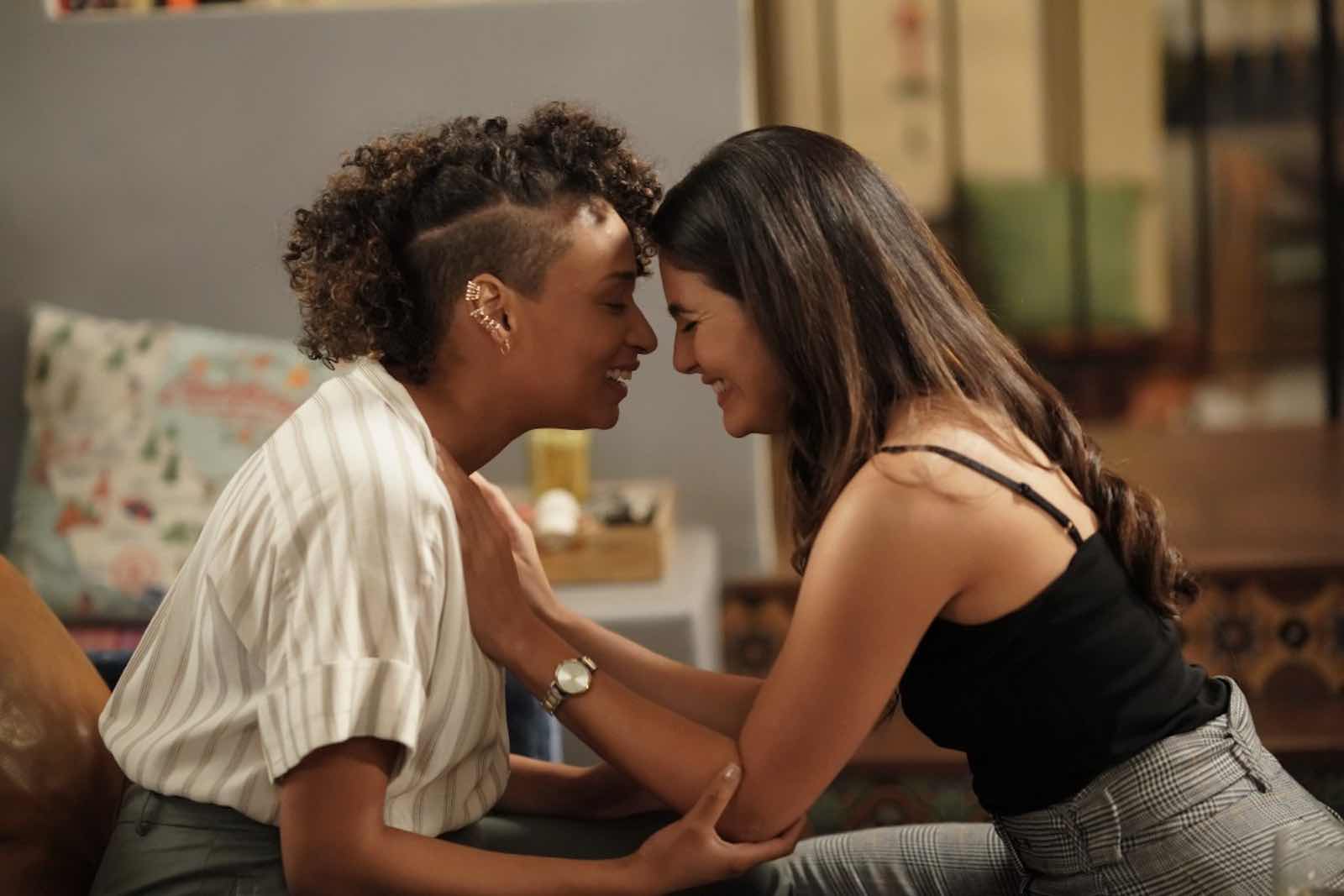
The L Word (2004 – 2009)
As Pride put it in its retrospective celebration of the iconic show, The L Word “opened a door and broadened the landscape. The show had an audience and it wasn’t just lesbians . . . The L Word had created a subtle, but enduring shift in consciousness.”
This was a show that stepped up after Sex and the City ended and delivered a punchier, more intricate show about female friendships and how women navigate romance in a big city. The L Word navigated its narrative to Los Angeles rather New York and centered around lesbians and not hetero AF women, but at its core the show delivered similar stories with a similar sense of emotion and a greater sense of scope.
For many young women, The L Word also delivered them a sexual awakening in the form of the sexiest female character ever depicted on TV – Shane McCutcheon (Kate Moennig).
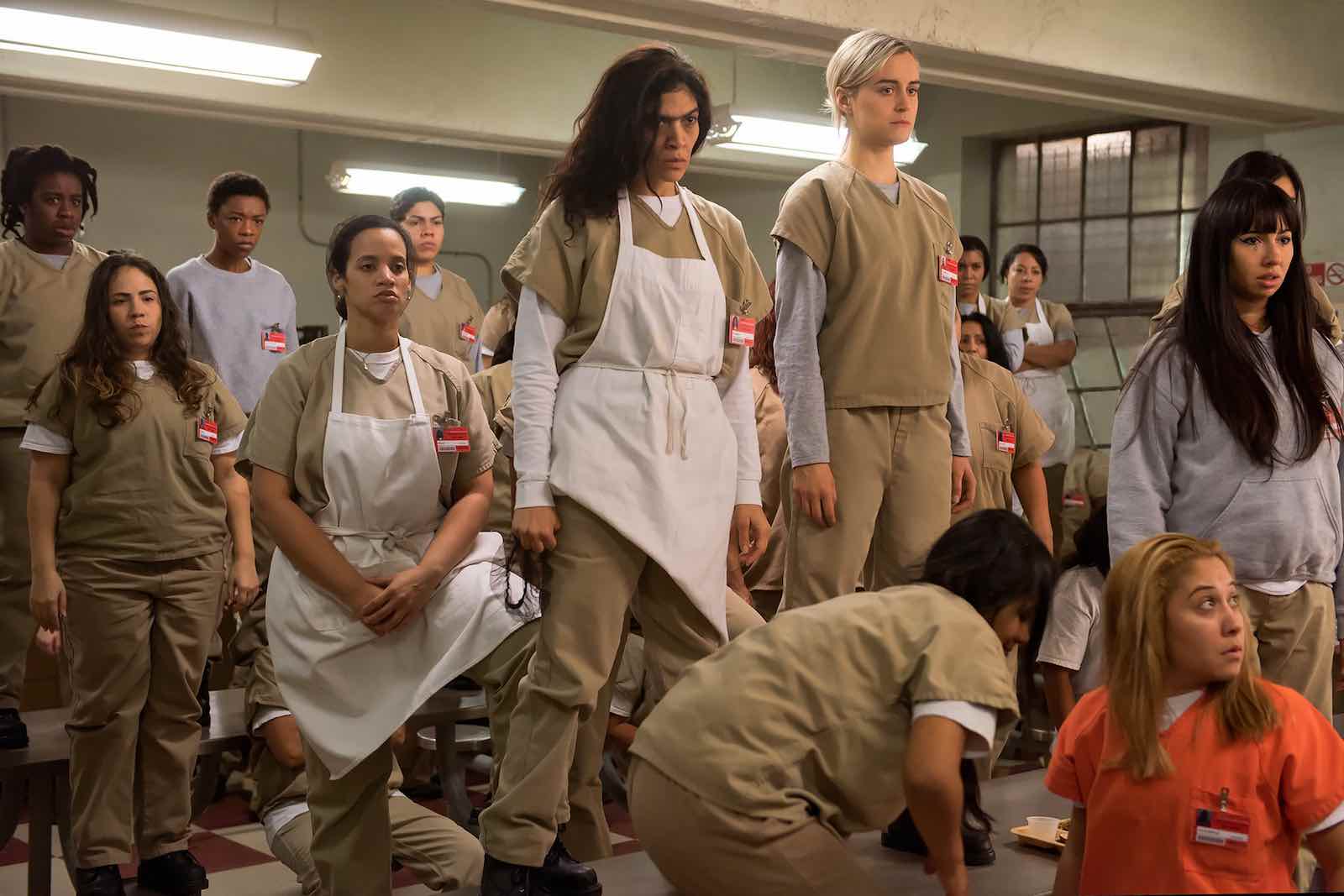
Orange is the New Black (2013 – )
Though the Netflix Originals show has recently derailed somewhat from its former glory and struck controversy for its recent handling of heavy issues, in those early seasons the Jenji Kohan prison show was like nothing else on television.
As well as portraying a range of sexual identities, the show also took great delight in showcasing lesbian sex in a raw playful manner that wasn’t for the titillation of horny straight dudes at home. On top of this, the show also features the first trans woman of color to enjoy a leading role on a TV show with Laverne Cox (Grandma) playing hairdresser inmate Sophia.



